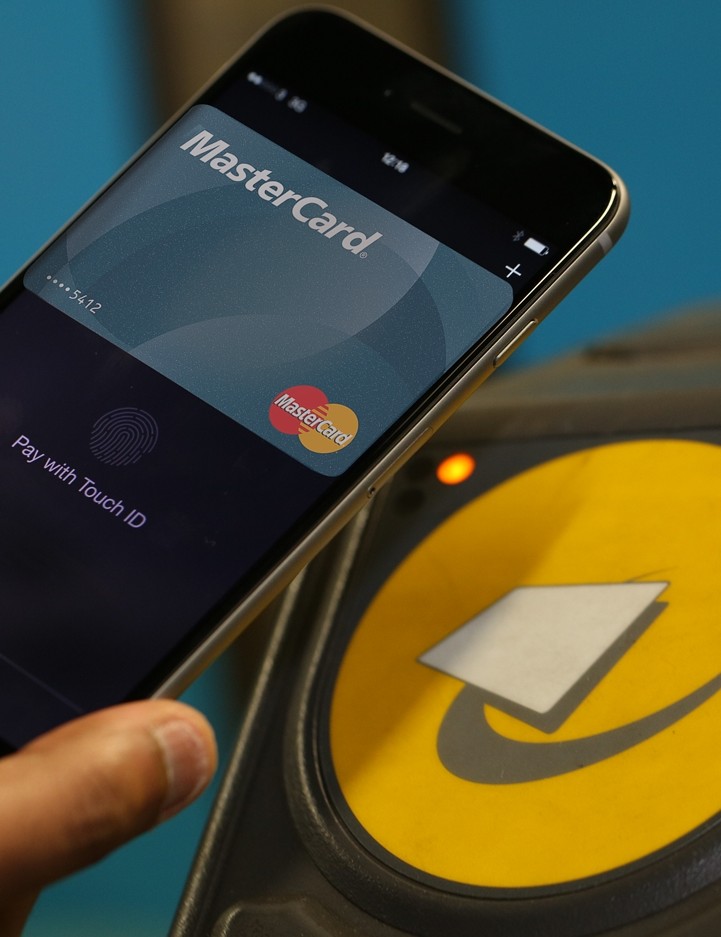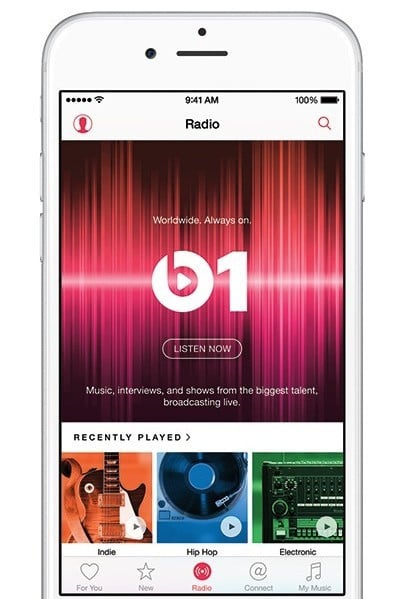Find out the week’s top mobile stories from around the world.
This week.. Privacy Shield Pact detailed.. Google to update mobile search… The mobile payments war in China and much much more.

Privacy Shield pact would permit Apple, Google and Intel to move EU users’ data to U.S.
Venturebeat
U.S. officials will travel to Brussels this week to drum up support for a transatlantic data transfer pact agreed last month that will facilitate billions of dollars worth of online business but which must overcome European regulators’ concerns over privacy protection.
Agreed on Feb. 2 after two years of difficult talks, the Privacy Shield pact will underpin $260 billion dollars of transatlantic trade in digital services by giving companies such as Google,Intel and Apple an easy way to move users’ data from Europe to the United States.
But the pact still needs the approval of EU member states to be formally adopted and must be reviewed by EU data protection authorities as well as the European Parliament.
Read more…
Google will tweak mobile search results this May
Slash Gear
Google’s mobile search results will soon be tweaked, the company announced in a statement today. Starting in the beginning of May, Google will further its effort to give mobile-friendly websites higher rankings in search results presented to mobile users. This will increase the number of mobile-friendly results those using smartphones and tablets receive, but will give publishers another change to contend with.
Google announced the planned search update in a brief statement on Wednesday, saying, “Getting good, relevant answers when you search shouldn’t depend on what device you’re using.” The company first started taking a site’s mobile-friendliness into consideration for search last year; this latest upcoming tweak is a continuation of that effort.
Read more…
Why Apple and Samsung have already lost the mobile payments war in China
Tech In Asia
If you’re a smartphone company – even a big, successful one – looking to get into the Chinese market with your own mobile payments system, here’s a piece of advice: don’t.
Over the last month, we’ve seen Apple Pay, Samsung Pay, and even Huawei Pay enter mainland China. There are reports that Xiaomi, ZTE, and Lenovo are working on their own services as well.
Who asked for these? Not ordinary people. Chinese phone owners themselves overwhelmingly use Alipay and WeChat Wallet, created by web giants Alibaba and Tencent, respectively. And for good reason. It’s more than brand loyalty or even convenience – they are genuinely better products than their competitors, with more advanced features and better incentives to keep coming back.
Read more…
Mobile video consumption surges with APAC leading the charge
The Drum
Mobile phones and tablets now account for 46 per cent of all viewing globally, according to a report from Telstra-owned premium video specialists Ooyala, up from 34 per cent in 2014.
A large part of this is being led by certain APAC markets, according to the report, with five out of 15 APAC countries outperforming the global average.
According to the report, which took into account activity on the Ooyala platform during Q4 2015, tablets are specifically used more to consume video in APAC than the rest of the world. Globally, tablet views for video make up one in seven but in APAC that number is one in five.
Read more…
Ads on news sites gobble up as much as 79% of users’ mobile data
Business Insider
One of the reasons consumers download mobile ad blockers is the impact ads have on their data plans.
It’s the principle reason that carriers like Three in Italy and the UK, and Digicel in the Caribbean, announced plans to roll out network-level mobile ad blocking for their customers. Shine, the company that provides that ad blocking technology, claims mobile ads use 10-50% of user’s data plans.
A report released Wednesday from Enders Analysis appears to back up that claim — at least when it comes to a sample of news websites.
Read more…
Google Will Let Mobile Games Stream in Search So That Mobile Game Makers Will Buy Search Ads
re/code
The quixotic push inside Google to make the mobile Web indistinguishable from mobile apps continues apace.
Here’s the latest turn: Google will let you try out a mobile game right inside the search results page, before downloading it. And Google will let game developers pay for the privilege. It’s part of Google’s ongoing effort to squeeze more ad revenue from mobile and its business cornerstone, search.
The feature is coming in the “next few weeks,” per Google, but the search giant is announcing it on Monday because it’s day one of the Game Developers Conference in San Francisco. Curious mobile users can click on a button directly within search to test out a game. They have ten minutes to toy around before downloading.
Read more…
SBI to now put credit cards into your mobile
India Times
MUMBAI: SBI Cards, one of India’s leading credit card issuers, is gearing up to introduce payments through mobile phones, a move that will heat up competition in the mobile wallet services segment.
The payment solutions provider plans to make its credit cards sit in the user’s mobile phone and facilitate payments through the host card emulation technology (HCE), which neither requires swiping nor reading an embedded chip.
“The future of cards is digital and free of plastic, and through this new technology, cards can sit in one’s mobile and payments will be made directly through the phone,” said Vijay Jasuja, CEO, SBI Cards.
Read more…
Two Thirds of US Smartphone Users Stream Music Daily
Mobile Marketing Magazine
68 per cent of smartphone owners in the US listen to streaming music on a daily basis, for an average of 45 minutes a day.
That’s according to research from Parks Associates, which also found that more people (71 per cent) watch short video clips daily, but spend less time watching than listening (24 minutes).
The amount of time spent consuming digital media varies depending on the OS, with iOS leading the pack ahead of Android.
Perhaps the most surprising part of the research, though, is which streaming service is currently most popular.
Read more…
Airbnb hosts and eBay traders to benefit from £2,000 ‘sharing economy’ tax allowance
Guardian
Online merchants and short-term landlords were given a gift in the budget, with two new £1,000 tax-free allowances offered on income from those sources.
Intended to boost the number of “micro-entrepreneurs” who make small amounts of money online, the tax breaks were introduced by the chancellor, George Osborne, with specific reference to the online marketplace eBay and the short-term lettings site Airbnb.
The new allowances will mean that, from April 2017, individuals with property or trading income won’t need to declare or pay tax on the first £1,000 they earn from each source per year. If they earn more than that amount, they will still have to declare the earnings, but can benefit by deducting the allowance first.
Read more…
WeChat still unstoppable, grows to 697m active users
Tech In Asia
WeChat, Tencent’s popular messaging app, is still growing fast. It added nearly 200 million monthly active users (MAUs) in the past year.
WeChat had 697 million MAUs at the end of December, said the company today in its Q4 2015 earnings report.
Tencent did not disclose how many of WeChat’s users are in mainland China versus other areas. But it’s clear that WeChat is focused on mainland China from the number of the app’s features that are limited just to its home nation, such as online and in-store payments via the WeChat Pay feature.














